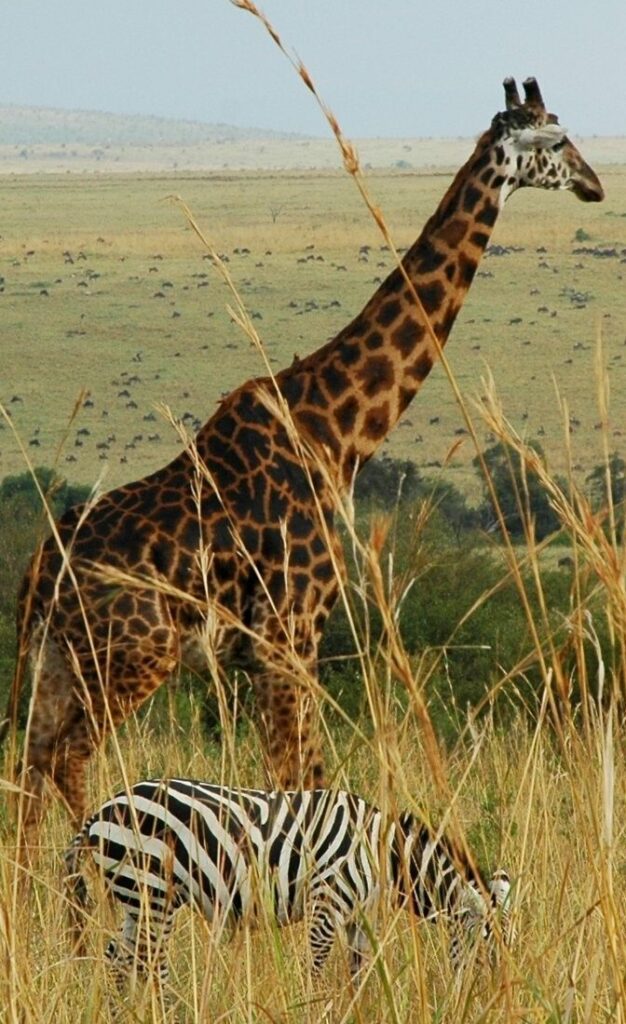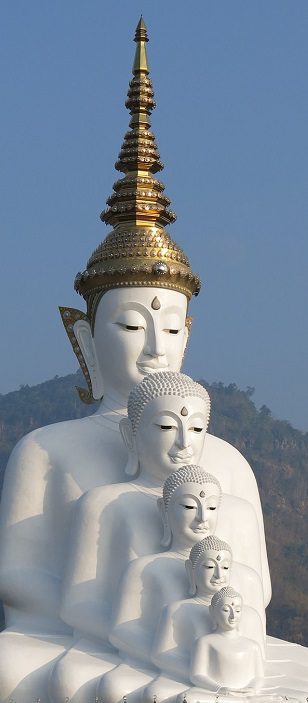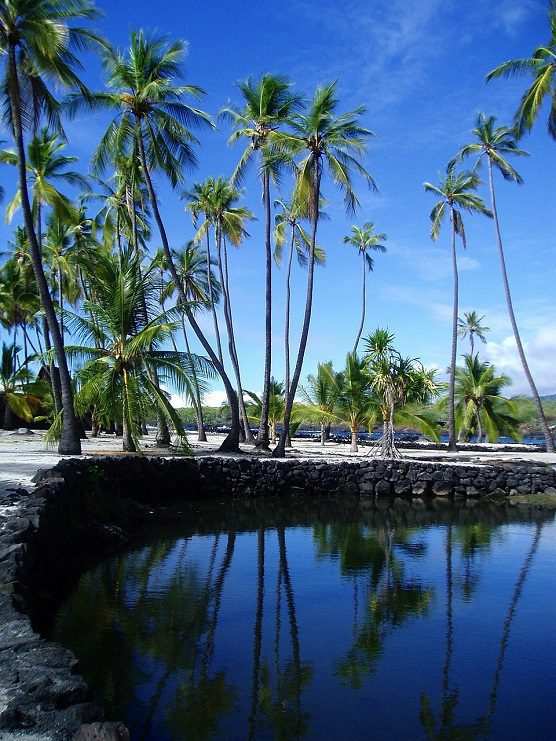Searching our closest Simian relatives – an orangutan adventure
The rustle amidst the leaves was more noticeable this time. It couldn’t have been just the breeze, of which there was very little anyway in this balmy environment. “This movement is typical of orangutans,” our guide Nina whispered. She had barely finished speaking when the branches moved again – this time far more definitively than just a rustle. As a coat of flaming orange emerged from the foliage, the collective gasps of a dozen or so people were drowned in the frenetic clicks of their cameras. These were people who had travelled from all parts of the world to Indonesian Borneo to catch a glimpse of man’s closest relatives in one of their last remaining natural habitats.
Our journey had commenced earlier that day when Nina had picked us up at Pangkalan Bun airport. The short taxi ride to Kumai was spent taking in instructions: do not litter, always keep out of the path of orangutans, do not touch them even if they touch you… Once in Kumai, our luggage was swiftly loaded on to what would be our home for the next three days – the top deck of a klotok, a traditional Bornean dinghy. Soon, along with our crew of three, we were on our way to the Tanjung Puting National Park for our orangutan adventure.

Nearly the size of Bali, the park spreads out in a seemingly endless canopy along the 40km-long stretch of the Sekonyer river. Boats are the only way to get in. As we settled into our klotok, we were briefed a little more about the itinerary for the coming days. Three major orangutan rescue camps operate in the region and we would be visiting the first of these today during their feeding hour.
The word ‘orangutan’ literally translates to ‘man/people of the forest’ and the camps were set up to ease the reintegration of captive orangutans into their natural habitat. Foraging for food was a key skill that these orangutans were expected to develop and, therefore, the treats at feeding stations were only meant to be a supplement and not a substitute for a meal. “If they have managed to eat enough in the wild, they won’t turn up at the feeding station,” Nina had said apologetically.







